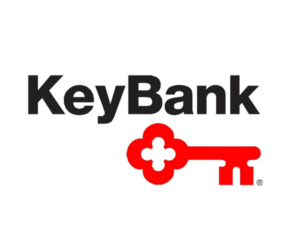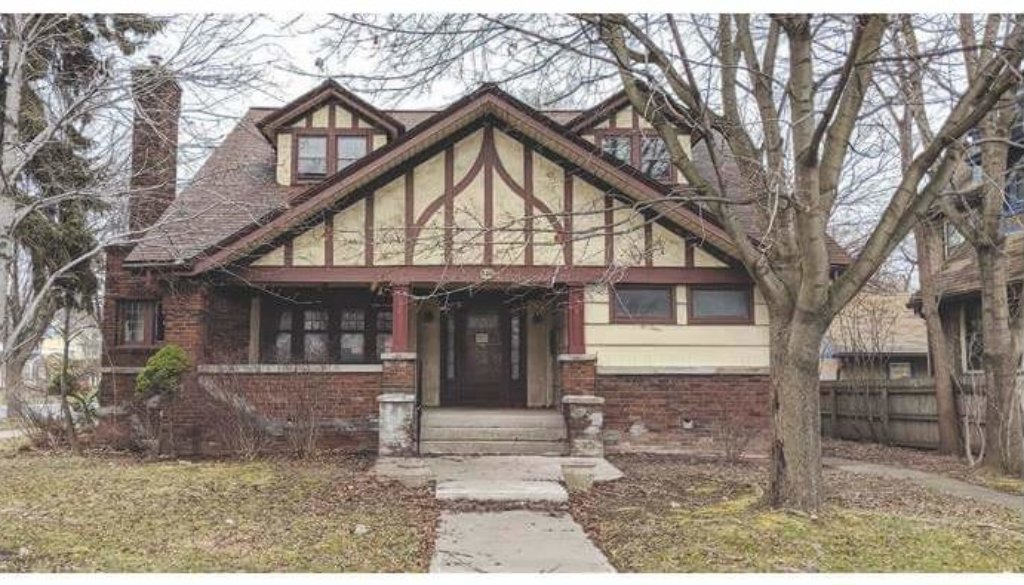Ask an Expert: Should I stay or should I go?
Is it time to move or remodel?
Homes in Western New York are in short supply. In fact, a recent article in The Rochester Democrat and Chronicle discussed the issues many buyers face due to the lack of housing inventory. With prices soaring and bidding wars the norm, is renovating your home a better option? Here are some questions you can ask yourself that may help provide clarity.
- Can you renovate in your existing square footage? It is often more cost effective if you can remodel within your home’s existing footprint, and often people need a smarter layout more than they need added square footage.
- What can you fix, and what can’t you replace? From location to exterior design and ceiling height, some features of a house are difficult and costly to replace. On the flip side, some things, especially in older homes, are difficult if not impossible to replace, including materials, craftsmanship and history. You need to know what you can cost-effectively update, and what you cannot.
- Are you tough enough? Living through a renovation can be extremely disruptive and is not for everyone. You could be without kitchen and bathrooms for extended periods of time, not to mention the noise and dust.
- Will improvements make your home easier or harder to sell? Always consider your long-term plans and the possibility you may eventually sell your house. Are the improvements you’re making in line with other homes in the neighborhood? It is possible to over-improve for your neighborhood, which will make it difficult to earn top value for your house, as well as make it more difficult to sell.
- What type of return will you generate? This is where renovation shows are most misleading. Yes, the improvements you make will increase the value of your home, but home improvements typically do not pay for themselves. In fact, most improvements can expect to recover 50 to 90 percent of their cost.
If your current location is desirable and you plan to stay in your location, the big question to ask is what makes the most sense financially. How much equity do you have in your home? What will your new rate be? Would a home equity loan or line of credit to make improvements be more cost effective than taking out a new mortgage for a new home?
Understanding home equity
Home equity is the value of a home minus any mortgages or liens owed. For example, if a house is valued at $300,000 and the remaining balance on the mortgage is $150,000, the owner of that house has $150,000 in equity.
For homeowners looking to sell a property, positive equity equals profit, which can be used as a down payment on a new house. For all other homeowners, equity equals borrowing power, which is available in the form of home equity loans and home equity lines of credit (HELOC).
A home equity loan provides a one-time lump sum payment that the borrower repays in equal payments over a fixed period of time. A home equity line of credit (HELOC) provides cash as needed, at various points over a period of time. Payments will vary depending on the outstanding balance, and more funds become available as the loan is repaid, replenishing the line of credit.
A home equity loan is ideal for a large one-time expense, such as buying a car or consolidating bills. If you have ongoing financial needs, such as home improvements, business expenses or life events, the HELOC will likely be a better option for you.
How to get started
When it comes to borrowing against the equity in your house, the usual ability-to-repay qualifiers apply: assets, income, credit history and current financial obligations.
Talk to various lenders and learn about the lending programs they offer. Also, be prepared. You can streamline the process and get more accurate information if you do the following:
- Review your budget.
- Obtain your FICO score and find ways to improve it.
- Collect paperwork and documentation, such as W-2 forms and pay stubs. If you are self-employed, have your two most recent tax returns.
For more information on programs, requirements and application procedures, contact your local banking representatives or local non-profit education and repair program providers such as NeighborWorks Rochester or Housing Council at PathStone. You can also check out other information here.
###
Steven Mendelsohn is a Mortgage Market Manager for KeyBank in Western New York, NMLS# 532123. He can be reached here.


